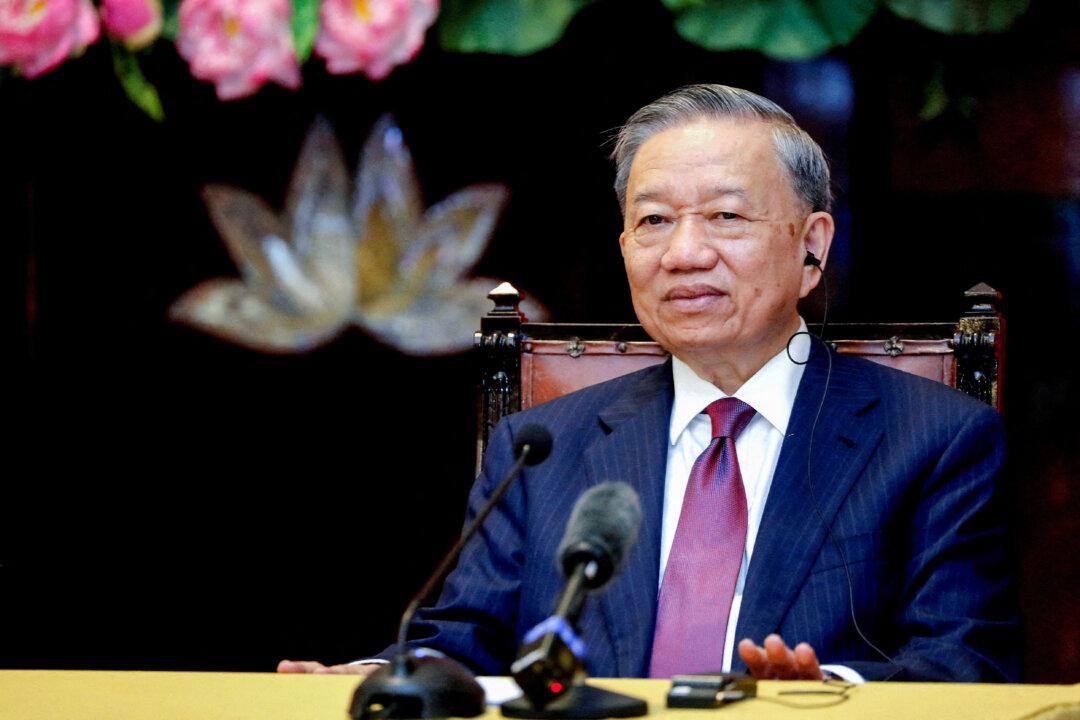Chinese Communist Party (CCP) leader Xi Jinping said Beijing is ready to work with Hanoi “to build a community with a shared future of strategic significance,” in his message to mark the 75th anniversary of diplomatic ties between the two communist states, CCP mouthpiece Xinhua reported on Jan. 18. Observers have said that it’s hard to achieve as the two regimes have different goals and competing interests.
Vietnamese news agencies reported that Vietnamese leaders told Xi that the communist regime will continue to prioritize its relations with China, which “aligns with Vietnam’s broader foreign policy of independence, self-reliance, and diversification of international relations.”




